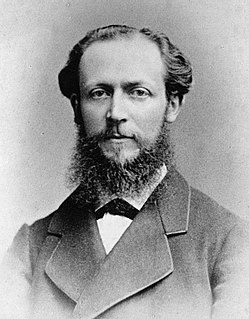A Quote by Nicholas Stern
Enlightened self-interest from those involved in hydrocarbons should lead to the support of technologies enabling the clean use of hydrocarbons, such as carbon capture and storage, and not to the defence of deniers and cranks.
Related Quotes
If you really could take the CO2, when you burn hydrocarbons - coal, for example - if you could really capture the carbon and sequester it - they call it CCS - if the extra capital cost, energy cost, and storage costs over time didn't make it super expensive, then that's another path that you could go down.
CO2 from air can replace petroleum: it can produce plastics and acetate, it can produce carbon fibers that replace metals and clean hydrocarbons, such as synthetic gasoline. We can use CO2 to desalinate water, enhance the production of vegetables and fruit in greenhouses, carbonate our beverages and produce biofertilizers that enhance the productivity of the soil without poisoning it. Carbon negative technology is absolutely needed now.
One can, then, conceive the production, by purely mineral means, of all natural hydrocarbons. The intervention of heat, of water, and of alkaline metals - lastly, the tendency of hydrocarbons to unite together to form the more condensed material - suffice to account for the formation of these curious compounds. Moreover, this formation will be continuous because the reactions which started it are renewed incessantly.
This treaty [Kyoto] is, in our opinion, based upon flawed ideas. Research data on climate change do not show that human use of hydrocarbons is harmful. To the contrary, there is good evidence that increased atmospheric carbon dioxide is environmentally helpful...agreement would have very negative effects upon the technology of nations throughout the world, especially those that are currently attempting to lift from poverty and provide opportunities to the over 4 billion people in technologically underdeveloped countries.
We have been developing an ever closer relationship with China on climate change for many years which has led to collaboration on carbon trading, offshore wind development, on low-carbon buildings, on nuclear energy, and on carbon capture and storage - to name just some of the ways in which we're working together.
Do these fuels result always and necessarily in one way from the decomposition of a pre-existing organic substance? Is it thus with the hydrocarbons so frequently observed in volcanic eruptions and emanations, and to which M. Ch. Sainte-Claire Deville has called attention in recent years? Finally, must one assign a parralel origin to carbonaceous matter and to hydrocarbons contained in certain meteorites, and which appear to have an origin foreign to our planet? These are questions on which the opinion of many distinguished geologists does not as yet appear to be fixed.

































